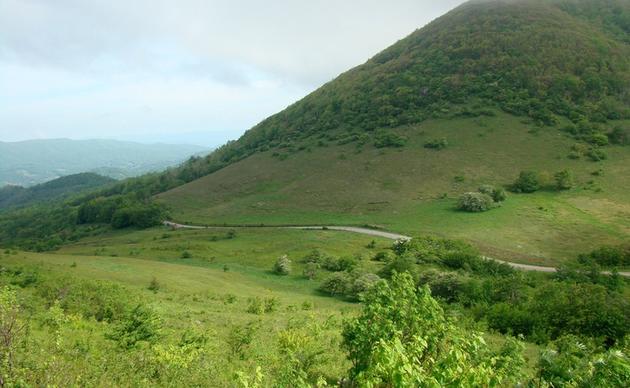Beacon Island IBA
Beacon Island is a small marshy island near Ocracoke Inlet. Surrounding it are seagrass flats, shallow waters, and oyster bars. Its 8 acres are a rich habitat for nesting birds such as Brown Pelican, American Oystercatcher, Laughing Gull, and Forster’s Tern. Brant winter in the shallow waters surrounding it. Audubon staff post this sanctuary island to monitor nesting and migrating birds.
The island’s claim to fame lies with its pelicans. It was on Beacon Island that Brown Pelicans were first recorded breeding in North Carolina in 1928. The population ran into trouble with the widespread use of DDT and other pesticides, and the species was placed on the Endangered Species List in 1970. Some chemicals caused direct mortality, while DDT caused many bird species’ numbers to plummet by accumulating in their fatty tissue and causing their eggshells to be too thin to support the weight of the incubating parents. Following the ban of DDT in 1972, pelicans began to do better, and Beacon Island was the site of their first comeback in North Carolina. Now, as many as 900 pairs of Brown Pelicans may nest on Beacon Island.
The pelicans on Beacon Island have been so successful because it meets their simple requirements for nesting habitat:
- High Ground: In most years, the island is just high enough to avoid being washed over, although hurricanes or other storms sometimes sweep eggs and chicks away.
- Safety for Chicks: The Island is free of disturbance such as mammalian predators, humans, and pet dogs. Mammals like raccoons may prey on eggs and chicks, and disturbance from any source can cause nesting adults to abandon a colony site or leave eggs and chicks exposed to extreme conditions.
- Ample Nesting Materials: The Island’s marshy vegetation provides pelicans with on-site nest material, making the island more attractive, but unlike some other species, pelicans do not require bare sand for nesting. Instead, the male brings twigs, branches, and other material to the female who constructs the nest.
How you can help, right now
Donate to Audubon
Help secure the future for birds at risk from climate change, habitat loss and other threats. Your support will power our science, education, advocacy and on-the-ground conservation efforts.
Sign Up For Our eNewsletter
Keep up-to-date on all that happens with Audubon North Carolina's research, events and volunteer opportunities.




